Felde Imre
Adaptive Neuro-Fuzzy Inference System and a Multilayer Perceptron Model Trained with Grey Wolf Optimizer for Predicting Solar Diffuse Fraction
Sep 13, 2020
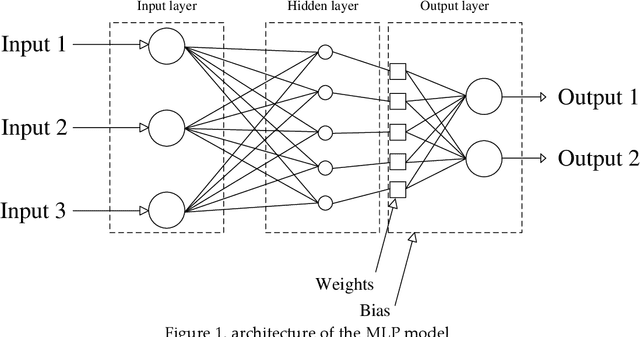
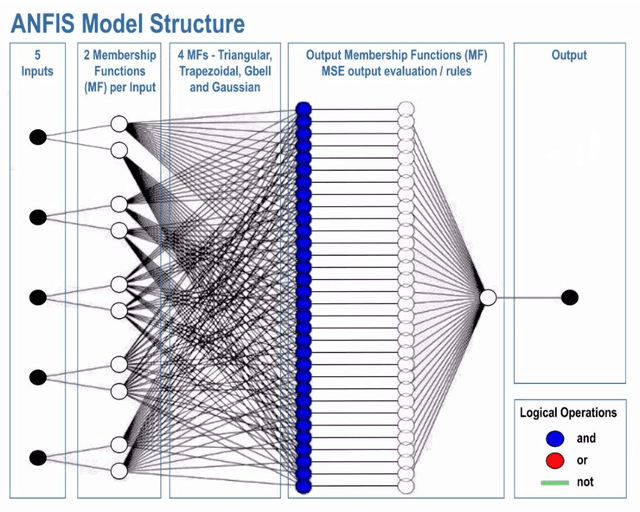

Abstract:The accurate prediction of the solar Diffuse Fraction (DF), sometimes called the Diffuse Ratio, is an important topic for solar energy research. In the present study, the current state of Diffuse Irradiance research is discussed and then three robust, Machine Learning (ML) models, are examined using a large dataset (almost 8 years) of hourly readings from Almeria, Spain. The ML models used herein, are a hybrid Adaptive Network-based Fuzzy Inference System (ANFIS), a single Multi-Layer Perceptron (MLP) and a hybrid Multi-Layer Perceptron-Grey Wolf Optimizer (MLP-GWO). These models were evaluated for their predictive precision, using various Solar and Diffuse Fraction (DF) irradiance data, from Spain. The results were then evaluated using two frequently used evaluation criteria, the Mean Absolute Error (MAE) and the Root Mean Square Error (RMSE). The results showed that the MLP-GWO model, followed by the ANFIS model, provided a higher performance, in both the training and the testing procedures.
Performance Analysis of Combine Harvester using Hybrid Model of Artificial Neural Networks Particle Swarm Optimization
Feb 22, 2020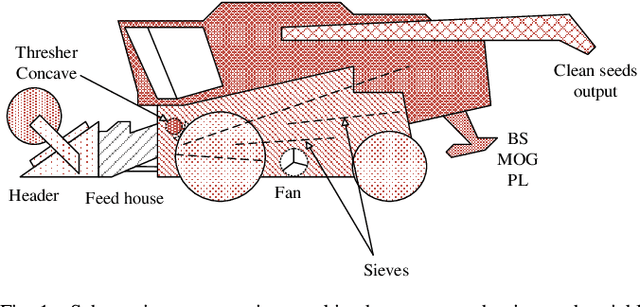

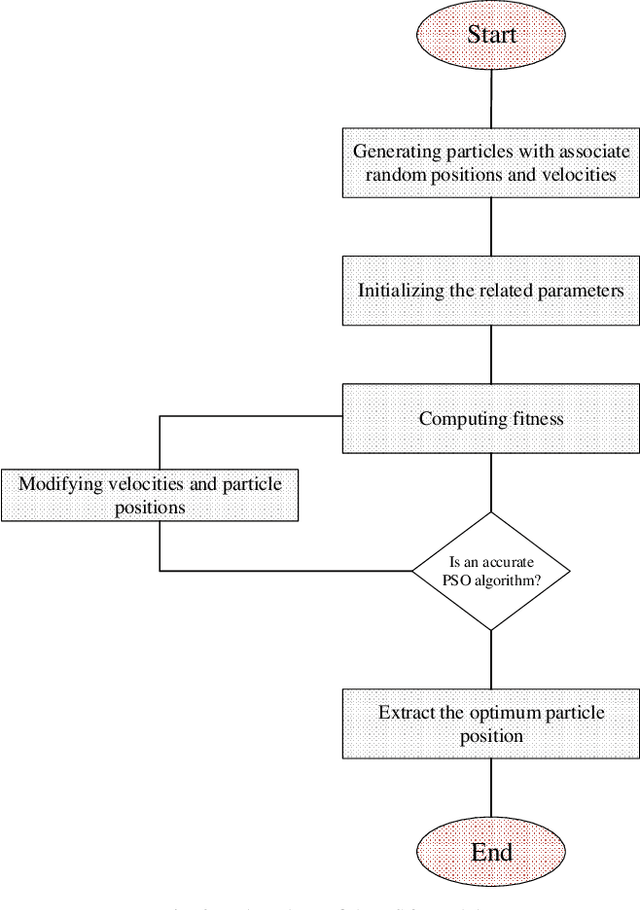
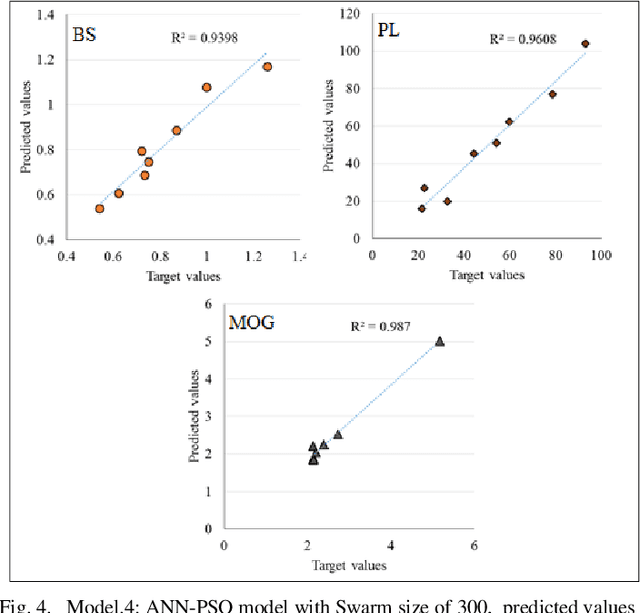
Abstract:Novel applications of artificial intelligence for tuning the parameters of industrial machines for optimal performance are emerging at a fast pace. Tuning the combine harvesters and improving the machine performance can dramatically minimize the wastes during harvesting, and it is also beneficial to machine maintenance. Literature includes several soft computing, machine learning and optimization methods that had been used to model the function of harvesters of various crops. Due to the complexity of the problem, machine learning methods had been recently proposed to predict the optimal performance with promising results. In this paper, through proposing a novel hybrid machine learning model based on artificial neural networks integrated with particle swarm optimization (ANN-PSO), the performance analysis of a common combine harvester is presented. The hybridization of machine learning methods with soft computing techniques has recently shown promising results to improve the performance of the combine harvesters. This research aims at improving the results further by providing more stable models with higher accuracy.
Comparative Analysis of Single and Hybrid Neuro-Fuzzy-Based Models for an Industrial Heating Ventilation and Air Conditioning Control System
Feb 22, 2020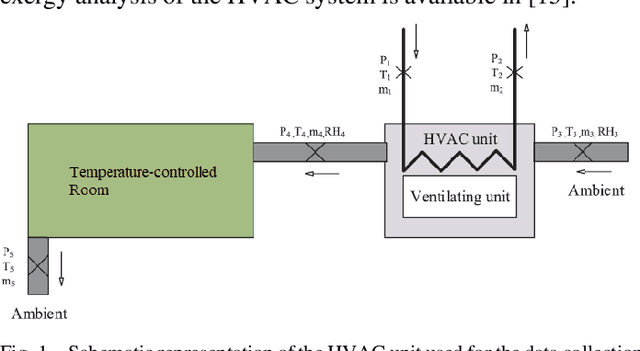
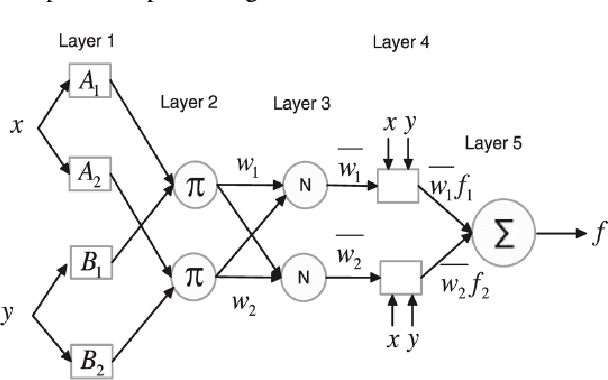
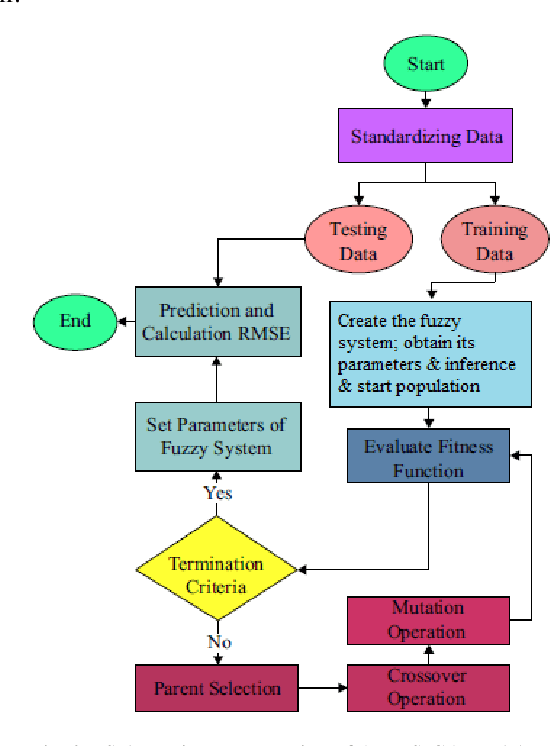
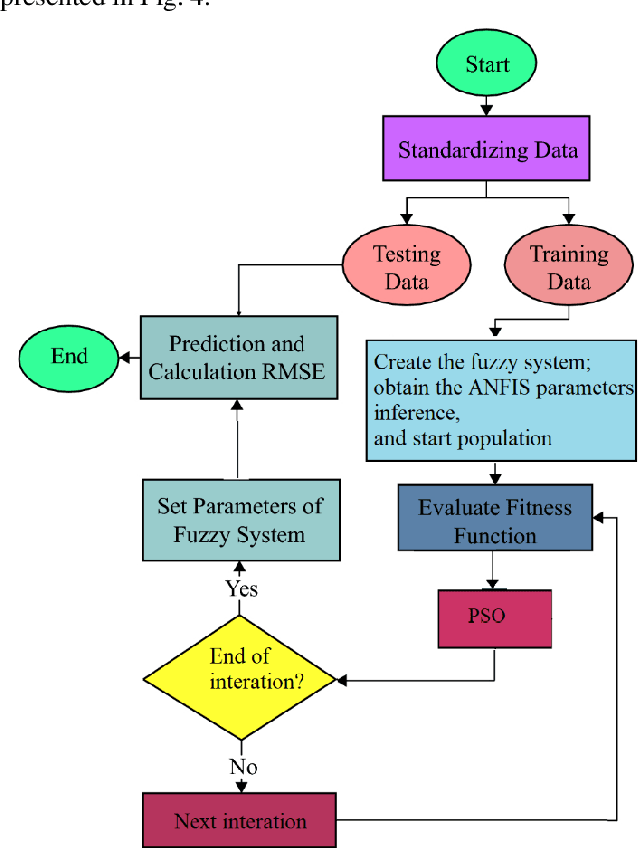
Abstract:Hybridization of machine learning methods with soft computing techniques is an essential approach to improve the performance of the prediction models. Hybrid machine learning models, particularly, have gained popularity in the advancement of the high-performance control systems. Higher accuracy and better performance for prediction models of exergy destruction and energy consumption used in the control circuit of heating, ventilation, and air conditioning (HVAC) systems can be highly economical in the industrial scale to save energy. This research proposes two hybrid models of adaptive neuro-fuzzy inference system-particle swarm optimization (ANFIS-PSO), and adaptive neuro-fuzzy inference system-genetic algorithm (ANFIS-GA) for HVAC. The results are further compared with the single ANFIS model. The ANFIS-PSO model with the RMSE of 0.0065, MAE of 0.0028, and R2 equal to 0.9999, with a minimum deviation of 0.0691 (KJ/s), outperforms the ANFIS-GA and single ANFIS models.
 Add to Chrome
Add to Chrome Add to Firefox
Add to Firefox Add to Edge
Add to Edge